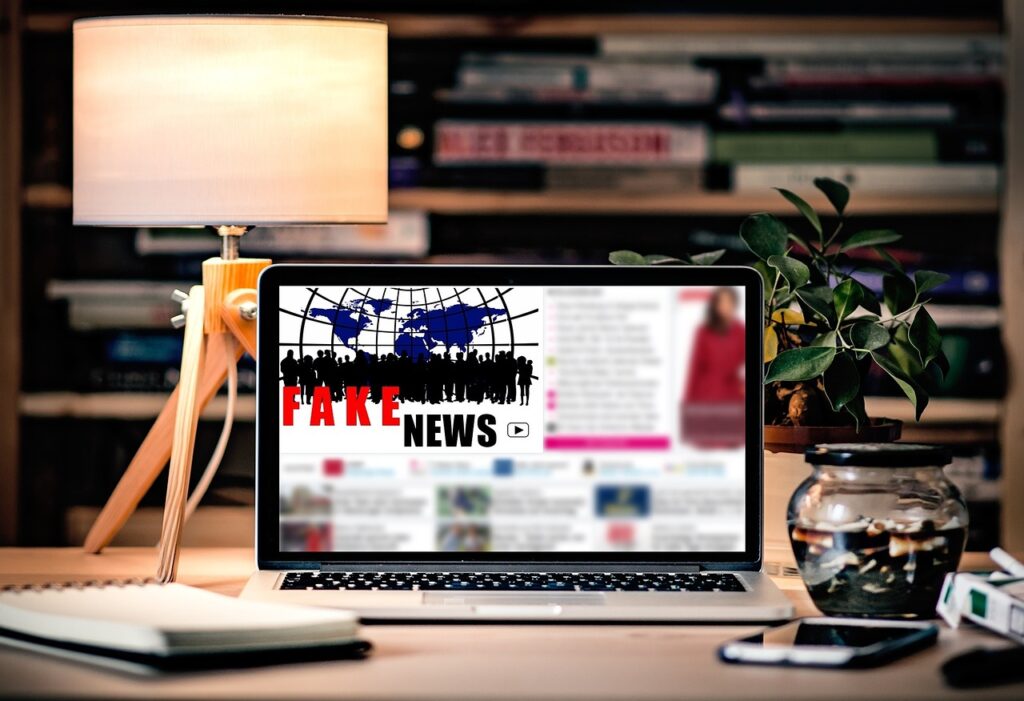
A new national survey conducted by Stanford researchers, suggests an urgent need for schools to integrate new tools and curricula into classrooms to boost high school students' digital skills, after they found a "poor ability" to detect fake news on the Internet.
The analysis, conducted by researchers at Stanford's Graduate School of Education, devised a challenge for 3,446 U.S. high school students carefully selected to match the demographic makeup of the U.S. population.
Instead of conducting a standard survey, in which students self-reported their media habits and skills, the research team devised a series of live online tasks.
The results, published online in the journal Educational Researcher, highlight the urgent need to better prepare students for the realities of a world filled with a continuous stream of misleading information.
"This study is not an indictment of the students, they did what they were taught to do, but the study should be concerning to anyone for the future of democracy," said Joel Breakstone, director of the Stanford History Education Group and lead author of the study.
In that sense, he suggested that students should be trained "to be better consumers of information".
Example of the results was that during the course of the study, students were shown an anonymously produced video that circulated on Facebook in 2016 that claimed to show ballot stuffing during the Democratic primary election and were asked to use Internet-enabled computers to determine if it provided solid evidence of voter fraud.
In performing the task, the students tried, mostly in vain, to discover the truth. Despite access to the Internet's powerful search capabilities, only three of the more than 3,000 study participants - less than one-tenth of one percent - were able to guess the true source of the video, which actually featured images of election fraud in Russia.
According to the paper, in another assignment, students were asked to examine a Web site that claimed to "disseminate factual reports" on climate change. Ninety-six percent failed to uncover the publisher's links to the fossil fuel industry.
Thus, the researchers found that students were too easily influenced by relatively weak credibility indicators, such as the appearance of a website, the characteristics of its domain name, the site's "About" tab, or the large amount of information available on a website, regardless of the quality of that information.
"Regardless of the test, most students did poorly," said Sam Wineburg, the Margaret Jacks professor of education at Stanford who co-authored the paper.
This, he said, "paints a troubling picture of American students' ability to figure out who produced a given story, what their biases might have been, and whether the information is reliable.
He added that "it is even more worrying how easy it is for agents of disinformation to produce misleading, or even deliberately false, stories that carry the sheen of truth. Coupled with the instantaneous and global reach of social media today, it does not bode well for the future of information integrity."
In response, the researchers suggested possible solutions, including teaching students strategies based on professional fact-checkers.
"It would be great if all students knew how to leverage the entire web and had full mastery of advanced skills like Boolean operators, but that's a lot to ask," Wineburg said.
"If you want to teach children to drive a car, you must first teach them to stop at red lights and not cross double lines before learning how a catalytic converter works. As the study shows, many of these kids still don't stop at red lights," he added.
At the same time, he stressed that it is possible to develop students' digital literacy skills, and given the risk to democracy, "it will be critical for schools to integrate these skills into all subjects, from history to math, and at all grade levels," in order to improve students' ability to detect fake news.
You may be interested in: Vaccine Essential to Curb Variant, Stanford Experts Say


